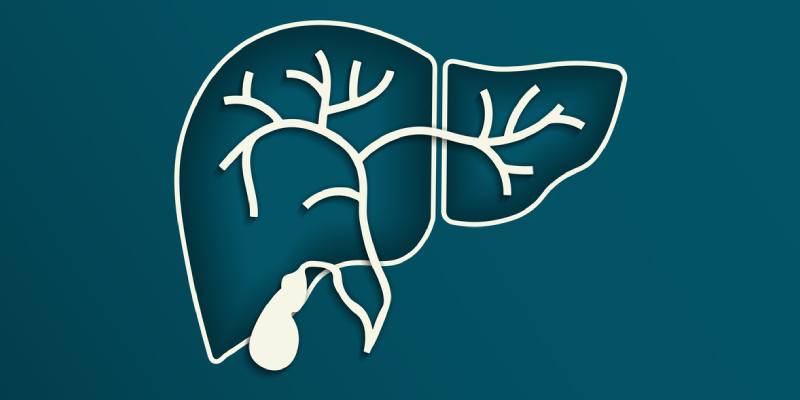
The randomized, phase 3 EMERALD-1 study sought to determine the potential benefits of transarterial chemoembolization (TACE) plus durvalumab with or without bevacizumab in patients with unresectable hepatocellular carcinoma (uHCC) eligible for embolization.
The study was published in the Journal of Clinical Oncology.
In the double-blind trial, 616 patients were randomly assigned to receive either TACE plus durvalumab and bevacizumab (n=204), TACE plus durvalumab (n=207), or TACE only (n=205).
The primary end point was progression-free survival (PFS), and secondary end points were overall survival, objective response rate (ORR), time to progression, and safety.
Researchers found that patients who received TACE plus durvalumab and bevacizumab had an improved PFS rate of 15.0 months when compared with 8.2 months in the TACE alone group (hazard ratio [HR], 0.77; 95% CI, 0.61-0.98; P=.032). The TACE plus durvalumab group had a PFS rate of 10.0 months, which investigators noted was not significantly different from the TACE group’s PFS rate of 8.2 months (HR, 0.94; 95% CI, 0.75-1.19; P=.638).
For the TACE plus durvalumab and bevacizumab, TACE plus durvalumab, and TACE only cohorts, the ORR was 43.6%, 41.0%, and 29.6%, respectively.
Among the cohorts, 32.5%, 15.1%, and 13.5% of patients in the TACE plus durvalumab and bevacizumab, TACE plus durvalumab, and TACE alone groups, respectively, reported maximum grade 3 or 4 treatment-related adverse events.
Investigators did not observe any new safety signals. They noted that safety was manageable and consistent with the safety profiles of durvalumab, bevacizumab, and TACE in uHCC.
“TACE plus durvalumab and bevacizumab is the first [immune checkpoint inhibitor]-based regimen in a global phase 3 trial to show statistically significant and clinically meaningful improvement in PFS, versus TACE, in patients with embolization-eligible uHCC,” the researchers wrote. “TACE plus durvalumab and bevacizumab has the potential to set a new standard of care in uHCC.”







 © 2025 Mashup Media, LLC, a Formedics Property. All Rights Reserved.
© 2025 Mashup Media, LLC, a Formedics Property. All Rights Reserved.